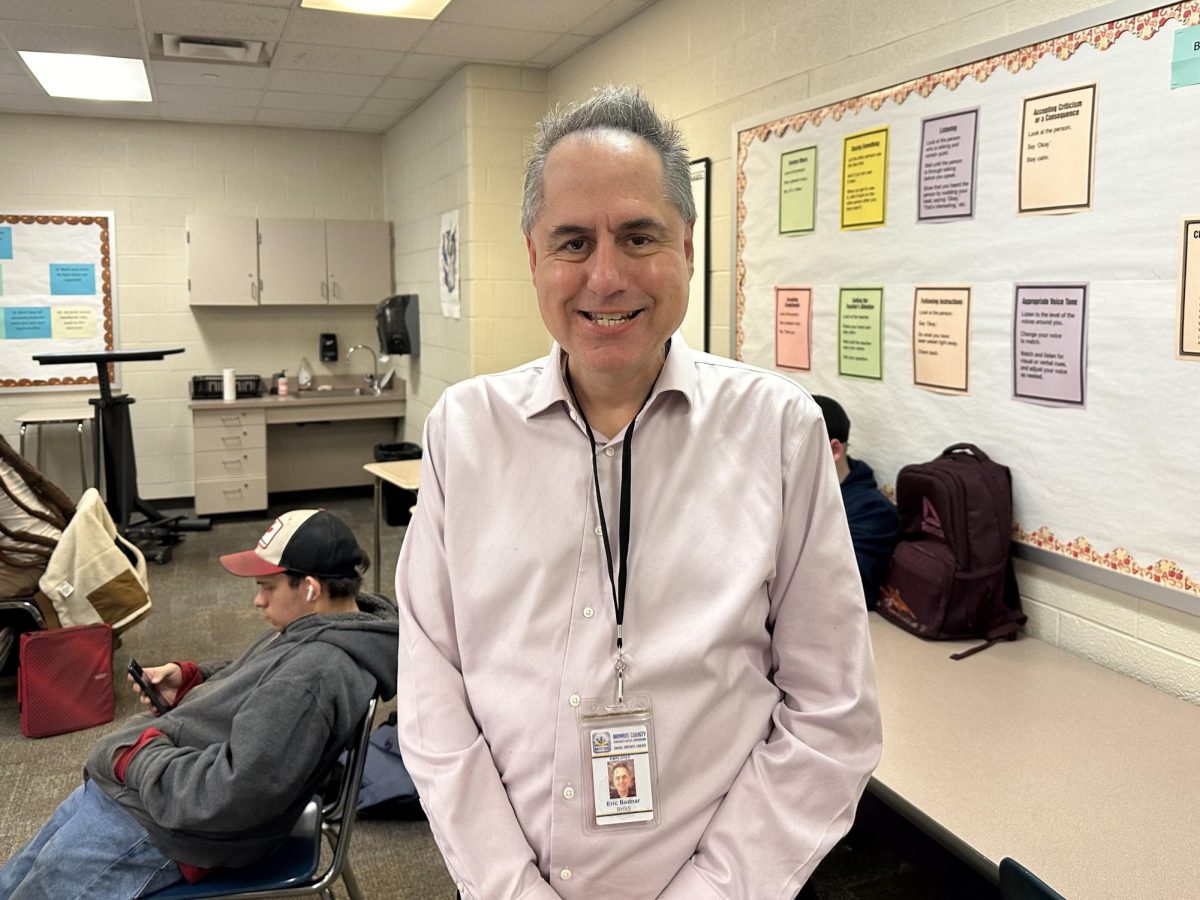If you were to walk into Dr. Kirstin Milks’ A.P. Biology or Earth/Space Science classroom and saw a small group of students working together, you might be surprised at the first thing you hear them say to each other.
Along with several other teachers at South, Milks makes it a classroom norm to incorporate a pronoun introduction from everyone on a regular basis.
“In our classroom, every time people are working with new groups, we always introduce ourselves with names and pronouns,” Milks said. “I think that is particularly important for highschoolers and emerging adults to acknowledge in order to make pronouns usage a societal norm. I also think it helps when adults in schools share their pronouns in email signatures and in Canvas settings.”
Over the past year or so, South students have grown more comfortable expressing their gender identity through neopronouns ‒ a type of pronoun other than she/her, he/him, or they/them. As declaring pronouns, and especially neopronouns, becomes increasingly popular among adolescents, more students have been inspired to experiment with pronoun usage and self-expression through their gender. But other students have been confused by the normalization of using gender pronouns and are left with a question: what purpose do pronouns serve?
To sophomore Nutella Sutliff, pronouns serve as a major factor when it comes to self-expression.
“A person’s pronouns can tell you a lot about who they are and what kind of relationship they’re having with their identity at the moment,” Sutliff explained. “It’s important to respect what others want to be called so that everyone feels comfortable and supported.”
But if pronouns are a way that so many people use to express themselves, why do some feel uncomfortable embracing this new societal phenomenon?
“Many feel that using pronouns and neopronouns to address someone is unnatural,” sophomore Claire Lutz said. “It could also be because they ‘don’t believe in it’ because of their religious beliefs or various other reasons. In the end, it really all comes down to having respect for a person and how they wish to express themselves.”
A senior who prefers to stay anonymous explained why using neopronouns is difficult for them to get used to.
“Using neopronouns to address someone feels weird to me and it’s definitely going to take some getting used to,” the student said. “I guess I feel that, when I call someone by their neopronouns, it’s as if I’m treating them differently, like I’m calling them something that’s not human.”
For some students, the problem seems to begin when neopronouns are used because they are still unfamiliar and new to most. In order to help students get used to using this newer generation of pronouns, senior Nolan Tisher suggests more education on gender-related topics, and that could even start with South itself.
“It would be really beneficial and progressive if South implemented LGBTQ history into its curriculum,” Tisher said. “It would bring many other social issues to light as well, and I think that would be a great step in the right direction.”
In order for everyone to feel included and comfortable, especially at school, creating an environment where people feel like they can be happy being themselves is crucial. With that comes adapting to using everyone’s correct pronouns and understanding why they are important so that each person is able to be heard and respected.







